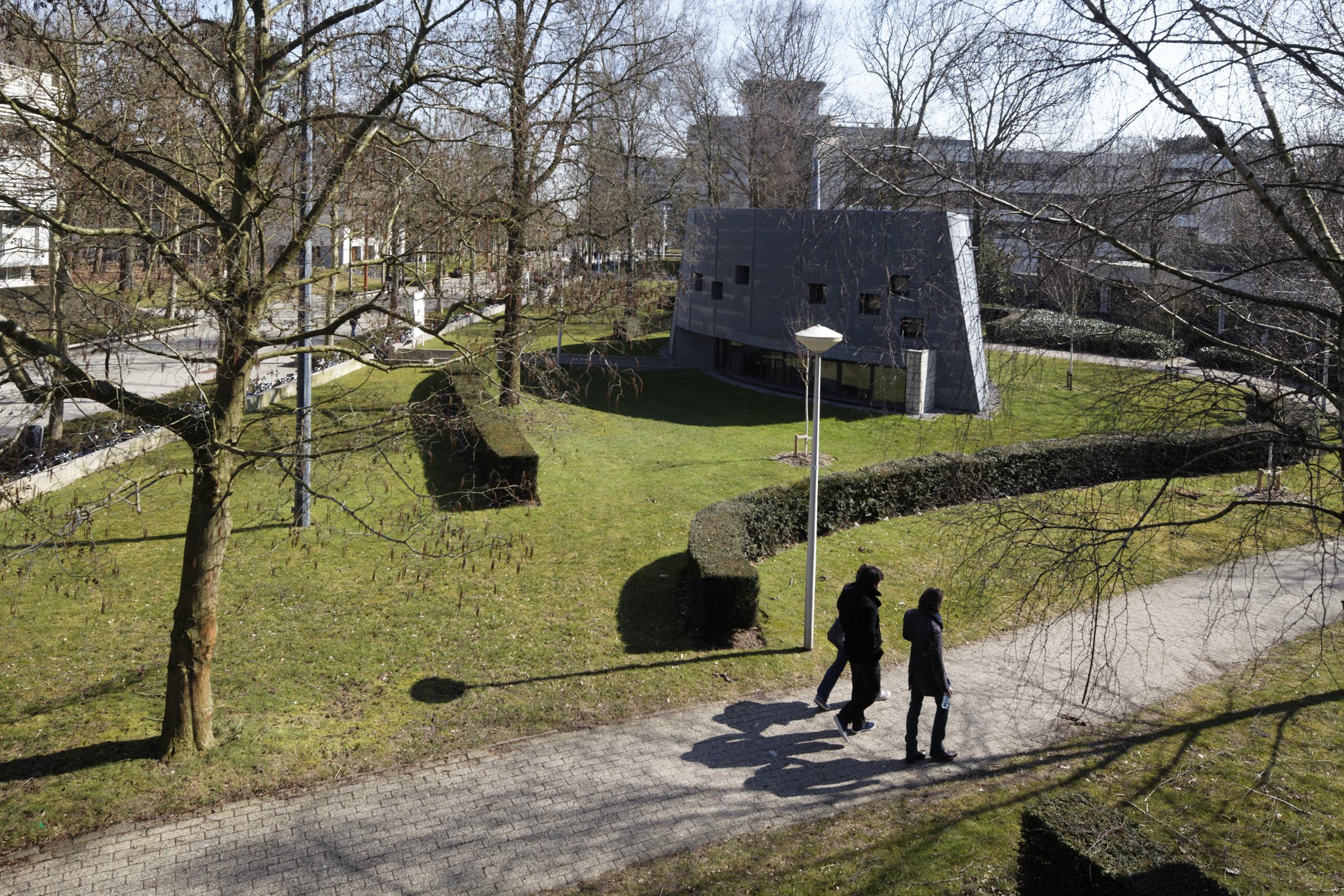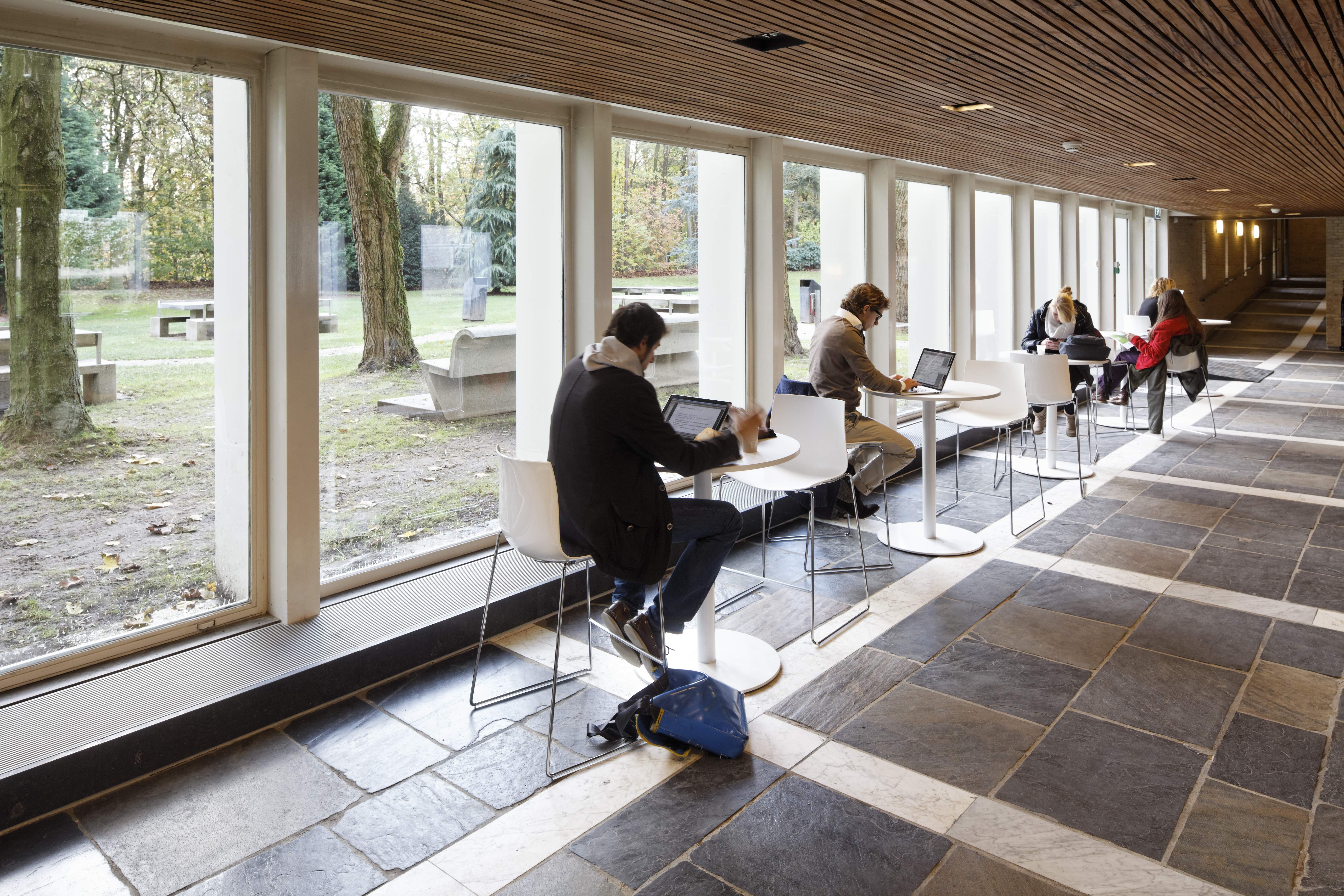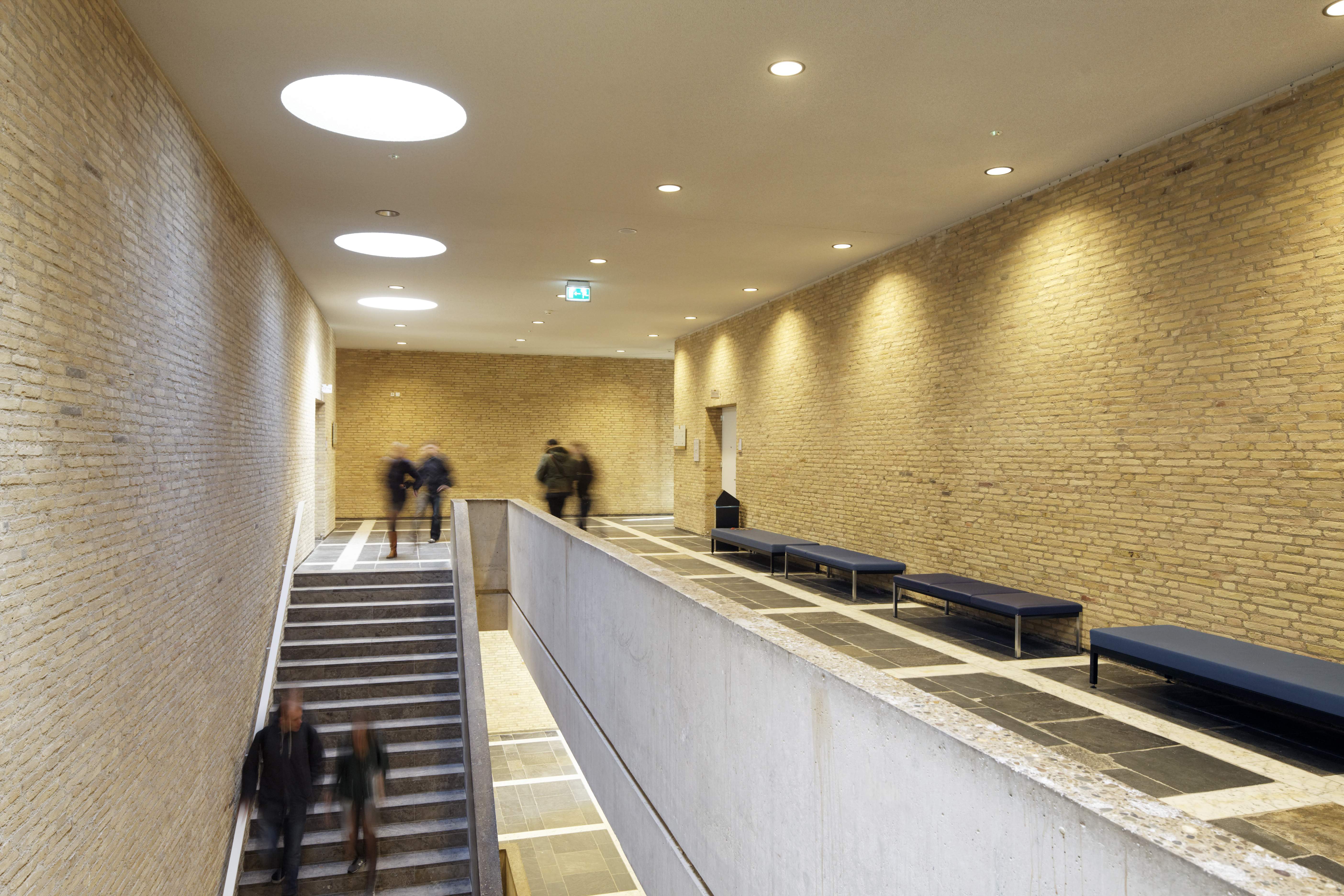Program content
First year content
Block 1 (August - October)
Multivariate Analysis including Multilevel Models
You get an introduction into the classical multivariate methods, particularly regression models, starting with the linear regression model and (M)ANOVA.
Foundations of Social Psychology
Learn how interpersonal situations influence social interaction, how structural aspects of mutual dependence influences cognitions, motivations, affect and behavior. Address topics such as social identity, exclusion and the need to belong, conflict and cooperation, distributive and procedural justice, fairness and self0interest, negotiation, social exchange, and social influence.
Foundations of Sociology
Examine different topics related to culture, social relations and inequality from a theoretical sociological perspective.
Block 2 (October- January)
Multivariate Analysis including Multilevel Models
You get an introduction into the classical multivariate methods, particularly regression models, starting with the linear regression model and (M)ANOVA.
Foundations of Organization Studies
Answer two major organizational questions from a theoretical perspective: how to govern organizations and how people and organizations learn about themselves by comparing themselves with others.
Networks and Cohesion
Study the concept of social capital, its sources and its consequences.
Block 3 (January - April)
Experimental Research
Discuss every stage of two kinds of scientific research: experimental research and meta analysis.
Survey Research
Learn how to conduct survey research and psychometrics.
Programming
Learn how to work with the statistical program and language R and how to independently work with R in future courses and research projects.
Meta Analysis
Research Integrity and Ethics in Sociology
Academic Writing in Social Sciences
Block 4 (April - August)
First year Paper Sociology
Internal Traineeship Sociology I
Second year content
Block 1 (September - October)
International Traineeship in Sociology
Intergenerational Relations
Examine several aspects of the parent-child relationship, such as the way in which parents transfer lifestyles and values to their children, intergenerational reproduction of educational and occupational opportunities, mutual support between parents and their children and the way in which support patterns change over time, and how family composition affect children's outcomes, like wellbeing and educational success.
Academic Presenting in Social Sciences
Touch up your academic presentation skills and learn how to present an academic paper engagingly, clearly, personally and appropriately and learn to communicate your research in a structured, coherent, clear, concise and attractive way.
Internal Traineeship Sociology II
Block 2 (October - January)
Structural Equation Modeling
You are introduced to a general statistical framework that brings together multiple statistical analysis tools.
Internal Traineeship Sociology III
Relations between Ethnic Groups
Examine the phenomenon of ethnic relations with a focus on prejudice, racism and discrimination and its manifestations in the United States and Europe.
Block 3 (January - April)
Colloquia & Seminars in Sociology
Psychometrics
Master's thesis in Sociology
Academic Writing and Presenting Research
Block 4 (April - August)
Master's thesis Sociology
Internal Traineeship Sociology IV
Master’s thesis
In your second year, you will write your Master’s thesis (24 ECTS), in English, under supervision of a knowledgeable staff member who will supervise you during both the research and thesis-writing processes. You write your thesis within Sociology, and should have a sociology-related subject.
You will choose your own research topic and supervisor.
You will learn how to conduct all aspects of the research process: creating hypotheses, collecting data, analyzing data, and writing a scientific article.
Prior to writing the thesis, you will write an individual research proposal (IRP) based on an original idea, which your supervisor must approve.
You will conduct the research and work on your Master's thesis independently, for most of the time. However, you will be in constant and close contact with your supervisor.
The Master’s thesis should be written as a manuscript that could be submitted for publication in an ISI journal.
Examples of thesis subjects are:
On shame-proneness, public exposure and bribe acceptance
Flat Earth and scientific boundary construction on Twitter
Power and altruistic behavior in Teams
You will find a detailed description of the courses and required literature in our course catalog.
Show less 



